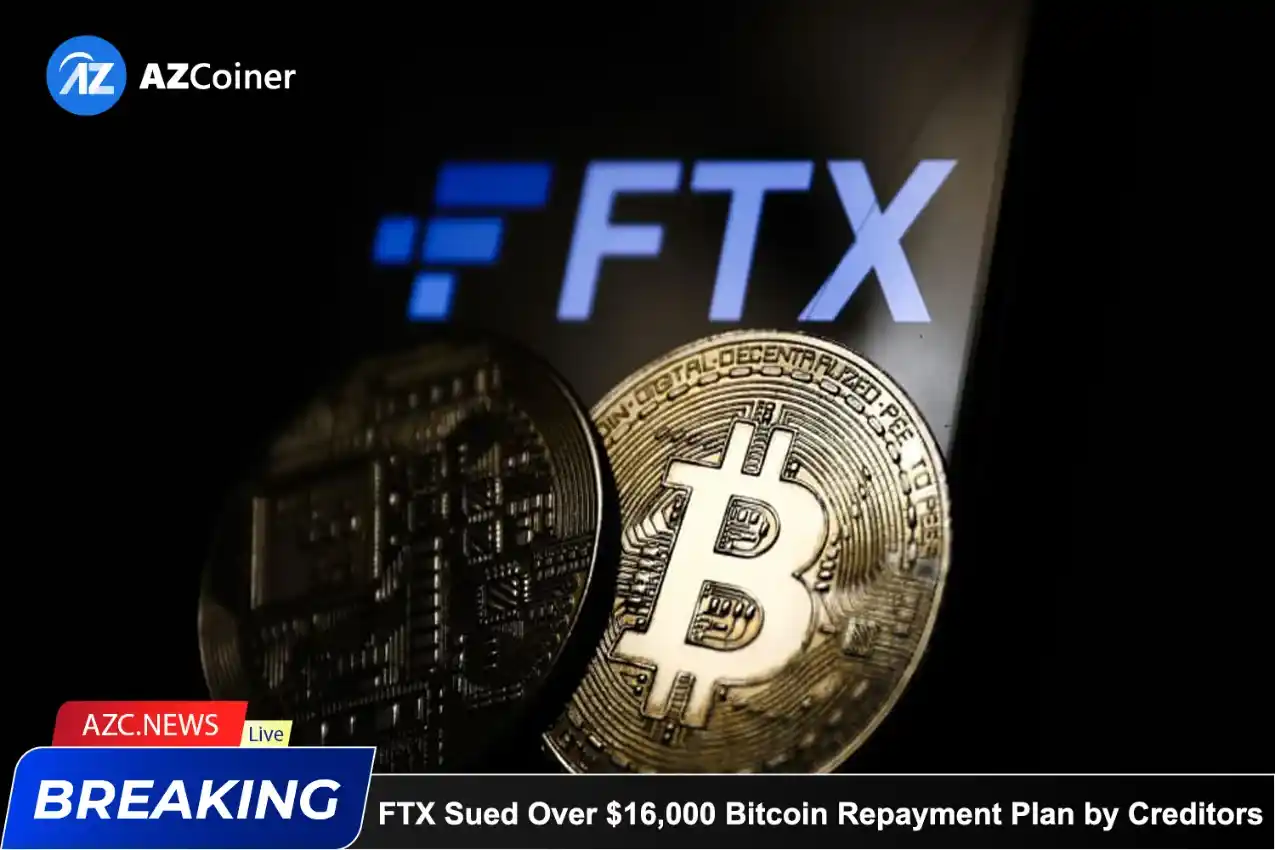The defunct exchange’s proposed reimbursement plan hinges on November 2022 digital asset prices, notably lower than their present values, such as Bitcoin, which has surged from $16,800 to $43,250. Creditors are now pressing for a ‘fair valuation’ methodology in their filing, emphasizing the necessity of a centralized approach to assess the unliquidated claims based on digital assets in the Chapter 11 Cases. They argue that this equitable valuation is crucial for solicitation, voting, reserve setting, and distribution processes.
While a substantial portion of the claims against FTX is in US dollar-denominated fiat and stablecoins, there exists a challenge with other less liquid assets. FTX’s solution involves converting the values of non-fiat and non-stablecoin digital assets to dollars, employing a Digital Assets Conversion Table based on Coin Metrics pricing.
FTX defends this approach, citing the Bankruptcy Code’s requirement for valuation based on petition time pricing as the most equitable method. Nevertheless, the creditors’ objections reveal divergent viewpoints on valuation, with each objector advocating for their interests. In contrast, FTX, acting as a fiduciary for the estates, seeks a methodology aligning with the Bankruptcy Code, ensuring equitable treatment for all creditors.
FTX Stands Firm on Digital Asset Valuation Approach
The proposed court order allows for the examination of claims tied to digital assets before finalizing the disclosure statement and initiating the plan’s solicitation and voting process. Specific objections related to the valuation of certain digital assets, including MAPS, OXY, and SRM, necessitate additional investigation and will be addressed in an upcoming evidentiary hearing scheduled for March 2024.
FTX acknowledges the appropriateness of estimation for claims linked to digital assets, affirming that the values outlined in the Digital Assets Conversion Table are fair and reasonable. Additionally, FTX argues that assessing asset values as of the petition date is crucial to recognizing market volatility and preventing claim values from fluctuating post-petition.
The legal team representing the insolvent exchange asserts that treating some digital assets differently based on post-petition appreciation or depreciation would lead to disparate treatment, violating the Bankruptcy Code and being inequitable for creditors. Despite creditor complaints about significant price changes since the petition date, FTX maintains that bankruptcy law mandates determining digital asset repayment prices based on the November 2022 filing date for bankruptcy.
Related: Bitcoin Price Signals Prominent Upward Trend with Recent Pattern Formation
As the legal proceedings unfold, the court’s decision on digital asset valuation and the resolution of the lawsuit will carry substantial implications for FTX’s creditors and the broader crypto community.









